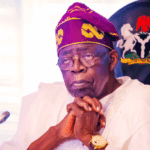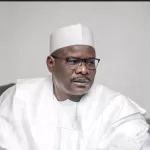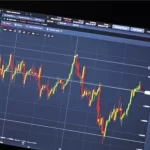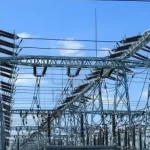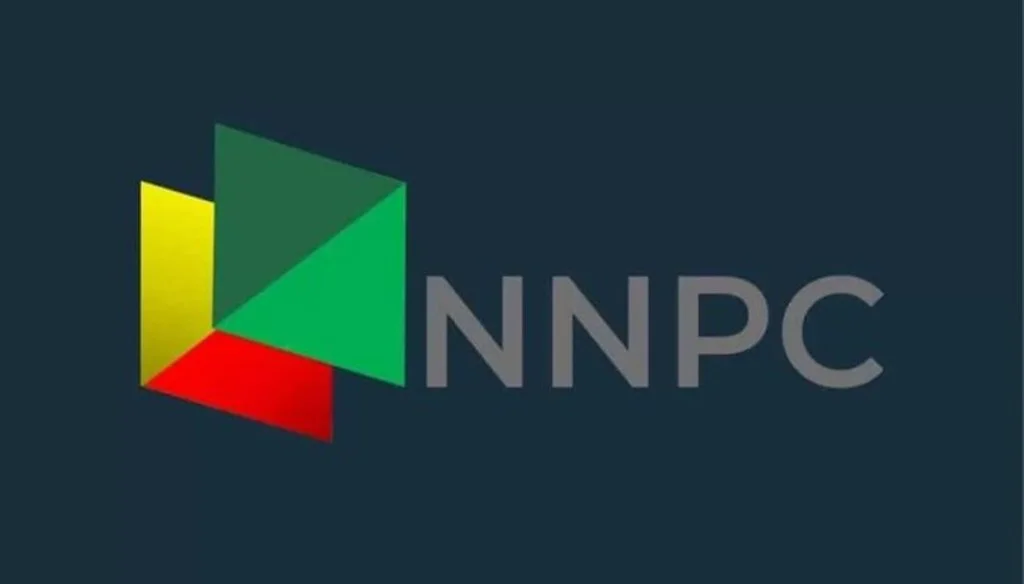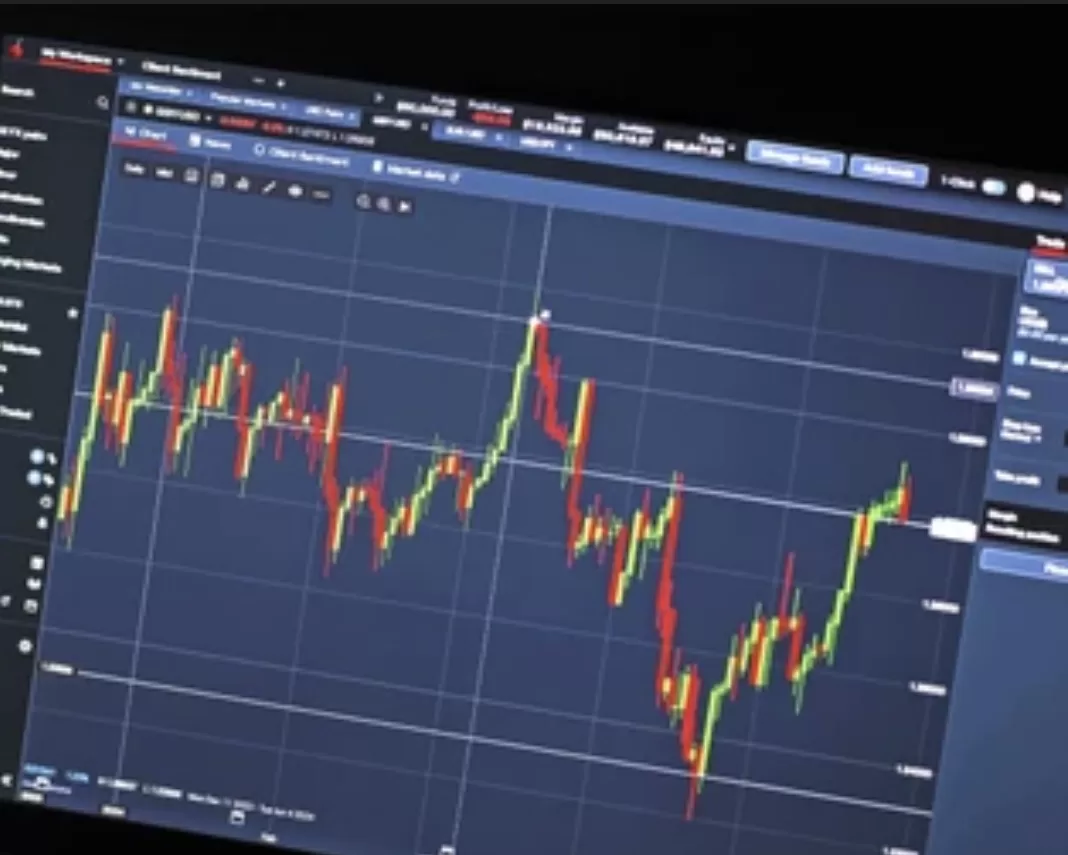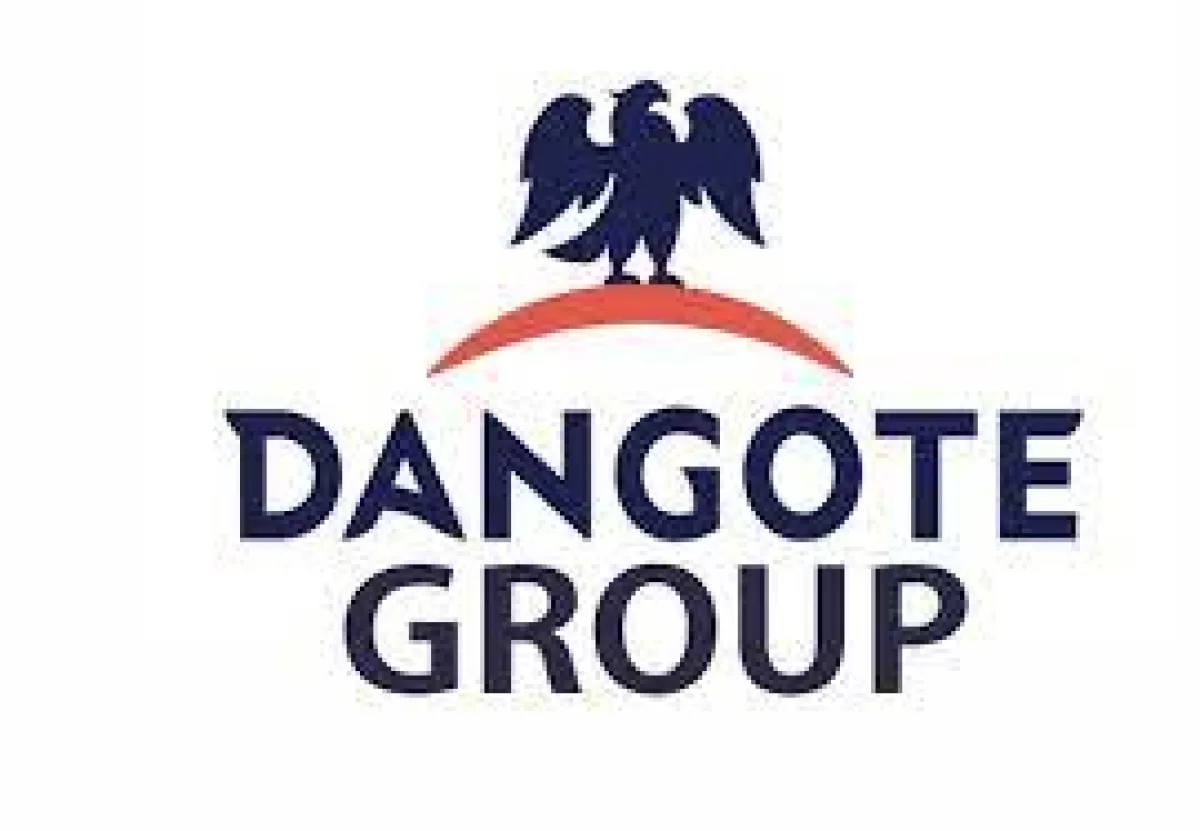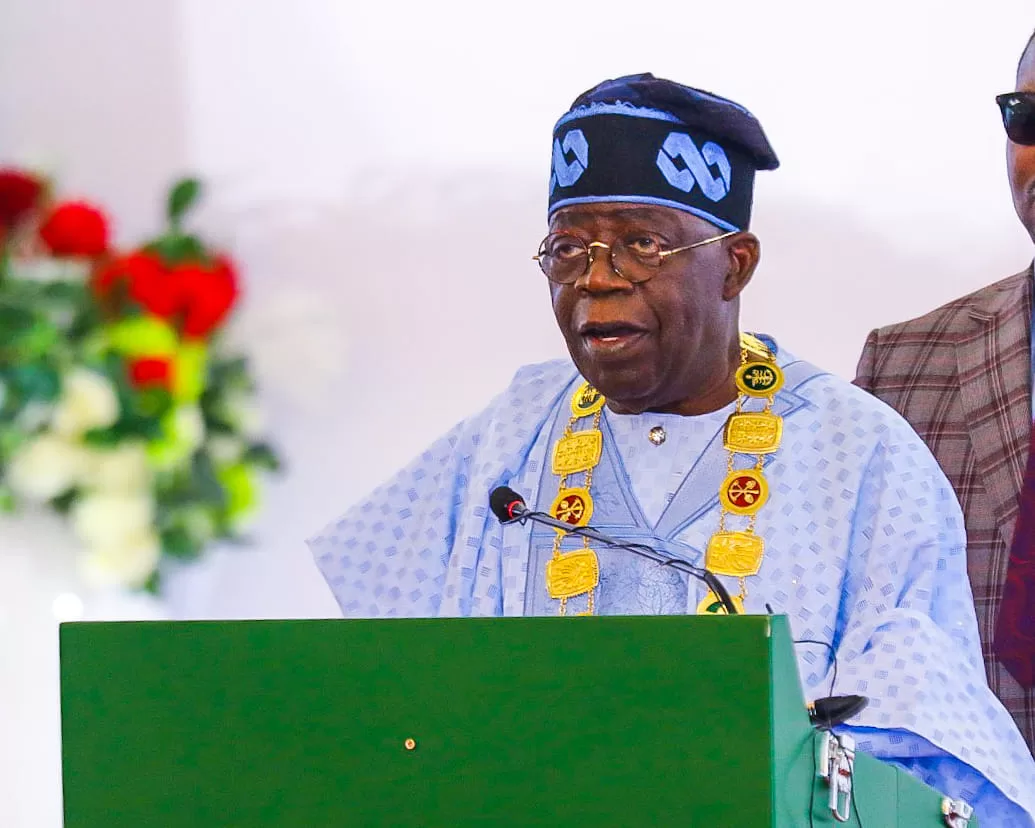The Nigerian National Petroleum Company (NNPC) Limited has started settling its $6 billion debt to petrol suppliers, according to Nigeria’s Minister of Finance and Coordinating Minister of the Economy, Wale Edun.
Speaking at an investors’ forum on the sidelines of the 2024 annual meetings of the International Monetary Fund (IMF) and the World Bank in Washington, D.C., Edun addressed concerns about the NNPC’s supply arrears and the country’s economic reforms.
In September, the NNPC admitted to owing $6 billion to refined petrol suppliers. The company’s Chief Corporate Communications Officer, Olufemi Soneye, previously acknowledged that the financial strain from petrol supply costs had affected the NNPC’s ability to maintain a consistent fuel supply.
Edun also highlighted the federal government’s commitment to maintaining market-based pricing for petroleum products, following the Central Bank of Nigeria’s (CBN) shift to a “willing buyer, willing seller” pricing model for foreign exchange.
This policy has now been extended to petrol, diesel, kerosene, and jet fuel.
“For the first time in decades, we have a fully deregulated market where local refiners buy crude in naira, refine it, and sell in naira. This represents a significant shift, achieved through bold reforms and a commitment to modernizing Nigeria’s economy,” Edun said.
The government recently introduced a new direct purchase model for petrol lifting, effective from October 11, allowing oil marketers to buy petroleum products directly from local producers like the Dangote refinery, bypassing the NNPC.
This is part of broader efforts to fully deregulate Nigeria’s downstream oil sector.

